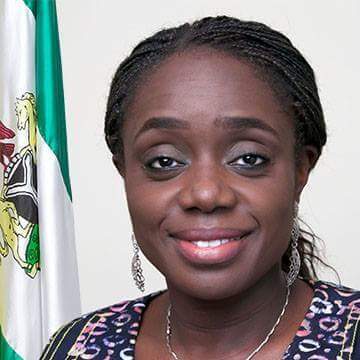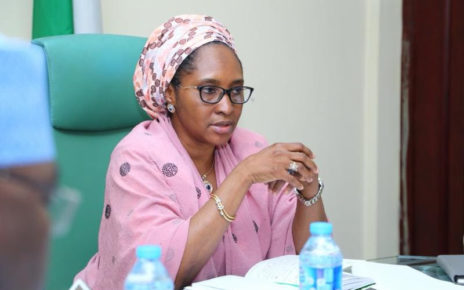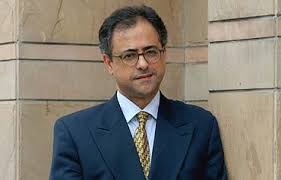In furtherance of its efforts to plug all leakages in public finance, the Federal Government has commenced audits in 28 Ministries, Departments and Agencies, MDAs, over allegations of contract inflation and conversion of government assets to personal use.
The exercise is being conducted by the investigative section of the whistle-blower unit of the Ministry of Finance.
The Director, Special Projects in the ministry, Mohammed Dikwa, gave this hint in a presentation during an evaluation workshop on the whistle-blower policy and asset tracing team organised by the Presidential Advisory Committee Against Corruption (PACAC),
Dikwa, who disclosed in his presentation at the forum that 791 investigations were being carried out by the whistle-blower unit, said the exercise included the investigation of the payment of unapproved funds in 27 MDAs, as well as.
According to the Director, who is also the Secretary, Presidential Initiative on Continuous Audit, the alleged diversion of excess crude oil funds in five MDAs as well as improper reduction of financial penalties in one agency were being investigated by the unit.
He listed other ongoing investigations to include, non-remittance of pension and National Housing Fund deductions (102 cases completed, 35 ongoing); failure to implement projects for which funds had been provided; and embezzlement of funds meant for payment of personnel emoluments (113 cases completed, 35 ongoing).
Similarly, the Director said further that the unit was also investigating 137 cases of non-procurement of equipment required for aviation safety, adding that out of these cases 102 had been completed, while the remaining 35 cases are still being probed.
Dikwa also confirmed that concealment of bailout funds was also being investigated in four states, while the probe of 33 cases of illegal recruitments had been concluded. This is even as he said that 76 out of the 87 cases of financial misappropriation being probed had been completed.
Expatiating on the pending investigations, he pointed out that violation of the Procurement Act remainedone of the major issues being investigated in government agencies, adding that 32 of such cases had been concluded, while four were still ongoing.
The Director said: “The objective of the whistle-blower policy is to increase exposure of financial or related crimes, support the fight against financial crimes and corruption.
“From inception to date, the whistle-blower policy has received several communications, both classified and unclassified tips. Classified tips are those involving politically-exposed persons and require immediate action. These are promptly forwarded to the relevant agencies for necessary action.
“Unclassified tips are information regarding non-compliance or violation of extant rules and regulations. These are investigated by the investigative section of the whistle-blower unit”, the Director added.
On what constituted constraints to the efforts by government to effectively implement the whistle-blower policy, Dikwa listed inadequate arrangement for the protection of whistle-blowers and lack of adequate source of funding whistle-blowers activities as key among the challenges.
Others are, lack of framework inadequate training; bottlenecks in investigation due to inter-agency bureaucracies; and lack of adequate awareness by the general public about the policy.




